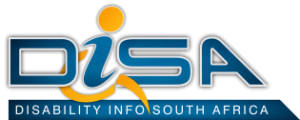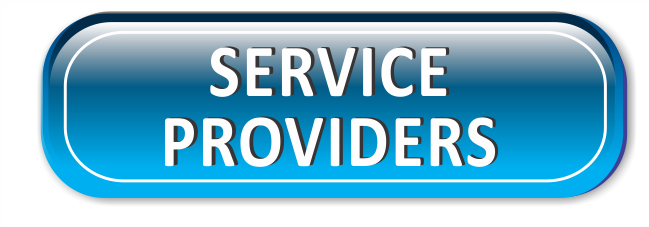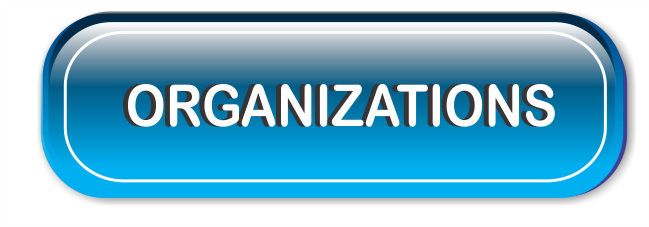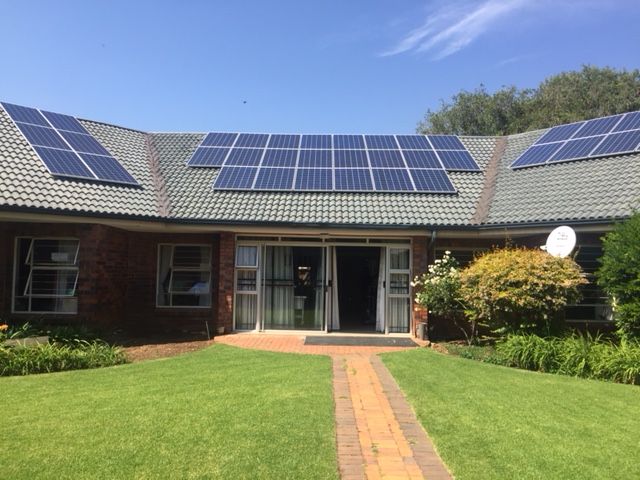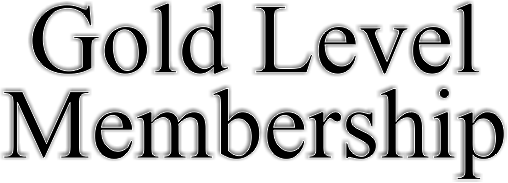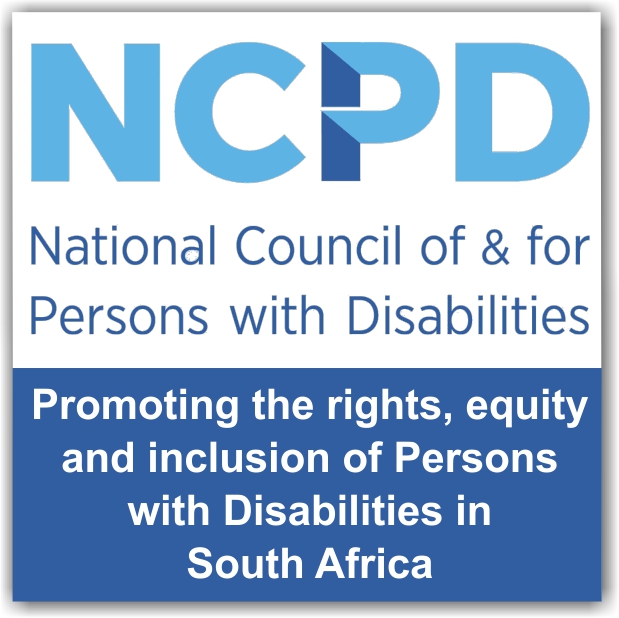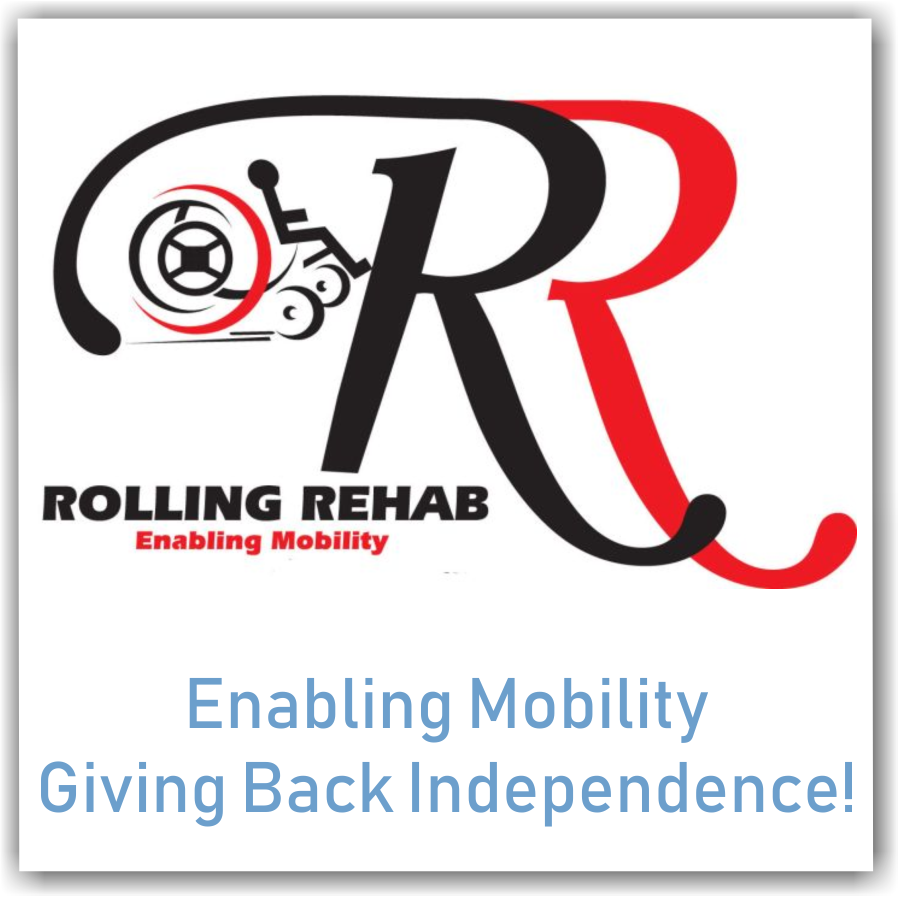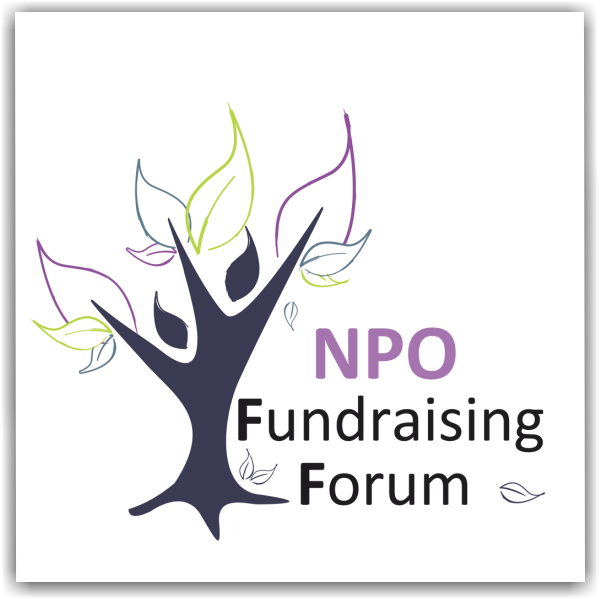Organizations
Introduction
Since the International Year of Disabled Persons in 1981, persons with disabilities have organized themselves into their own organizations all over the world, these organizations are sometimes called Disabled People's Organizations or DPOs. DPO's are those controlled by a majority of persons with disabilities (51%) at the board and membership levels. The role of these organizations includes providing a voice of their own, identifying needs, expressing views on priorities, evaluating services and advocating change and public awareness. Some Organizations also provide or sell equipment.
DPOs believe that persons with disabilities are their own best spokespersons and their role has been and is fundamental for the human rights movement of persons with disabilities. There are a variety of different types of disability groups that have there own organizations & these include persons with Mobility Impairments.
Types of Disability Organizations In South Africa
There are a wide range of advocacy and self-help organization which exist in South Africa. They include organizations such as the overtly political Disabled People South Africa, aligned with the ruling African National Congress, the National Council of and for Persons with Disabilities (NCPD) and Disability info South Africa (DiSA) as well as single-issue national organizations such as the QuadPara Association of South Africa (QASA) and then there are organisations that offer specific products or services such as Sports (SASAPD), Driver Training (Rolling Rehab), or Accommodation (Cheshire Home), to name just a few.
There are 4 main types of Disability organizations in South Africa:
- Cross-disability organizations, such as the National Council of and for Persons with Disabilities (NCPD) and Disability info South Africa (DiSA), which represents the interests of all persons with disabilities in South Africa.
- Diagnostic-focused organizations, such as the QuadPara Association of South Africa (QASA), which represents a medical diagnostic group, such as Quadriplegics and Paraplegics.
- Population-specific organizations, such as Disabled Women South Africa, which represent a population group, such as Women with disabilities.
- Service Specific Organisations offer specific products or services such as Rolling Rehab that does driver training, or SASAPD, which is in charge of sports for persons with disabilities in South Africa), or orgnanisations that deal with accommodation for persons with disabilities, such as Cheshire Homes - which is an international organisation, but has organisations and homes in different provinces throughout South Africa, such as Ann Harding Cheshire Homes.
1. Cross Disability Organizations
Cross-disability organizations represent the interests of all persons with disabilities in South Africa, and include the National Council of and for Persons with Disabilities (NCPD) and Disability info South Africa (DiSA).
National Council of and for Persons with Disabilities (NCPD)
The NCPD is a NGO with a footprint throughout South Africa that plays a lobbying & advocacy role when it comes to the rights of persons with disabilities. "We're an umbrella body coordinating the advancement of the rights of persons with physical disabilities in accordance with the White Paper on the Rights of Persons with Disabilities, the UN Convention on the Rights of Persons with Disabilities and more. We have nine provincial Associations for Persons with Disabilities with numerous projects and branches that focus on rural development as well as social."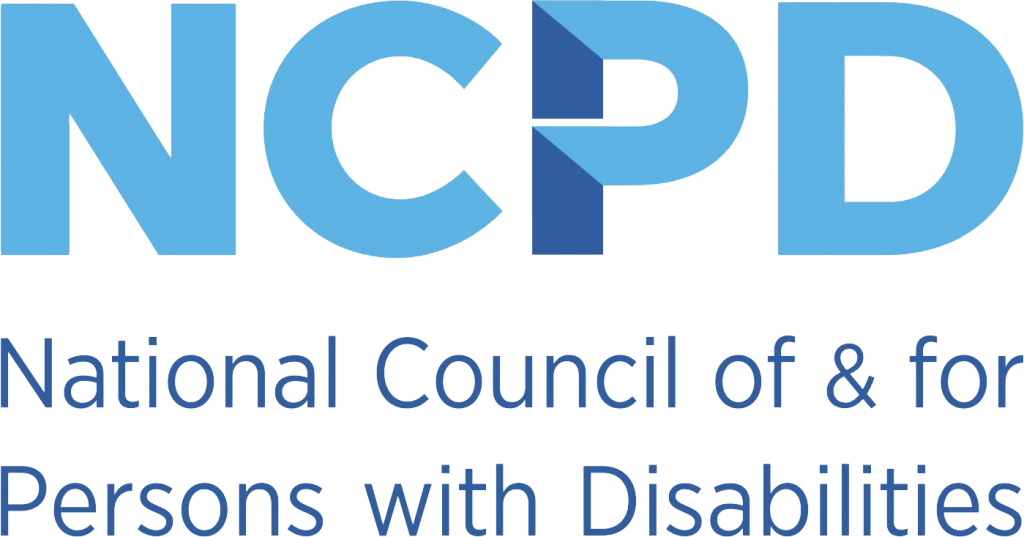
The National Council of and for Persons with Disabilities does advocacy work and services leading to an equitable and inclusive society. "We are affiliated to the South African Disability Alliance, as well as Rehabilitation International. Our programmes cover the whole of South Africa."
Services
The National Council of and for Persons with Disabilities offer a wide variety of different Services, which include:
Job Placement & Skills Development: The National Council of and for Persons with Disabilities have programs in place that aid persons with disabilities, to find jobs & acquire skills that they my need in the workplace. "We offer BBBEE advice and services related to persons with disabilities, including: Job placement, Skills development, Preferential procurement, Ownership and supply chain development."
Workplace Policy & Disability Equity Training: The National Council of and for Persons with Disabilities offers Disability Equality Training courses to address the need for information about the reality of disability. Training is tailor made for every sector, including: Tourism, Tertiary Education, Banking, Mining and more. Through training they will find ways to challenge the organizational behavior which reinforces negative myths and values and which prevents disabled people from gaining equality and achieving full participation in society. Training is done by an expert well trained team of persons with disabilities.
Training: The NCPD is proud to be in a position to offer various SETA accredited training courses ( short course, learnerships and internships) together with corporate partners whom then get their BBBEE POINTS for the DTI scorecard. We also do short training of Professionals in the Services and Health profession , for which these professionals get CPD points. The courses for architects, and other professionals is not accredited for CPD points. Other training includes Caregiver training for carers of children or adults; Governance training; Fundraising training; Disability Equity training; Reasonable accommodation; Inclusive design; Various impairments and the implications; Drivers of persons with disabilities; Human Rights and advocacy; Assistive device repairs & Transport and driving training. The majority of training sessions can be tailor-made to suit your needs.
Assistive Devices: Many persons with disabilities require the use of an assistive device for independence, but these devices are usually extremely expensive and therefore unaffordable for the majority. The public health system does what it can to provide devices, but the demand is huge and it cannot entirely fulfill the need. NCPD is not in a position to fund assistive devices, but from time to time, we are approached by donors wishing to fund assistive devices, which we can then pass on to individuals requiring devices.
Universal Design & Access: Persons with disabilities are often excluded from many Events, Services, Information, Communication, Products and Venues, due to all users not considered during the planning phases. The National Council of and for Persons with Disabilities can assist to prevent this from happening by applying Universal Design Principals during the design phase.
Va Va iYouth (Children With Disabilities): Vava iYouth is a project of the National Council of and for Persons with Disabilities (NCPD). As a youth wing of the NCPD, Vava iYouth is aimed at ensuring inclusion and equity for children and young persons with disabilities in South Africa in every facet of their lives and livelihoods. We serve all youth with disabilities irrespective of impairment, race, language, ethnicity, sexual orientation, religion, or nationality.
Raising Awareness: Living in an age where information is for the most part a click away to a large part of society, should mean that persons with disabilities enjoy all their non-disabled counterparts do, but despite democracy and the information age, persons with disabilities often still find themselves on the side-line when it comes to securing employment or even just having access to enjoy a sports match or theatre production. The need for raising awareness of impairment, disability and related matters, we aim to raise the level of awareness about disability related issues through various initiatives.
Economic Empowerment: We go to certain areas to ascertain if the information we have on-hand is correct and/or to be up-to-date with the current situation in those areas. The same goes for projects but with projects we also need to see how sustainable these projects are and if they need assistance to either stay the course or change the project toward better outcomes for the participants and beneficiaries of these projects.
Beach Permits: The National Council of and for Persons with Disabilities in partnership with the Department of Environmental Services, offers persons with severe physical Mobility Impairments the opportunity to gain access to certain beaches, by obtaining a permit from DEAT.
Motor Vehicle Importation Rebates: The National Council of and for Persons with Disabilities can assist you to apply for a Rebate on a new vehicle that has been imported and has been or will be adapted to suite you and your disability. The SA government (through the International Trade Administration Commission (ITAC), the Department of Trade, Industry and Competitions (DTI) and the SA Revenue Services) provides a rebate on the customs duty of the importation of adapted vehicles, either for use by persons with disabilities who drive themselves (self-drive), or by an organisation or individual that transports persons with disabilities (assisted transport). The rebate is also available for imported second-hand vehicles that have already been adapted.
Parking Discs: The National Council of and for Persons with Disabilities can also supply information and assist with registering and applying for a Disabled Parking Disk, so that you will be able to park in a Disabled Parking space if you qualify.
Other Services: Other Services: The National Council of and for Persons with Disabilities can also supply information and assist with a variety of other Services, including: Universal Design and Access Audits; Disability Equity Training, Workplace services such as Job Placement, reasonable accommodation and Policy Review, Internships and training; as well as Entrepreneurs with disabilities; Disability information and children’s programmes; Fund Raising and Referrals of persons with disabilities needing our services. Contact us for more information on: Tel: +27 11 452 2774 or Email: therina@ncpd.org.za or read the article below about the Fund Raising Partnerships that the National Council of and for Persons with Disabilities are involved in.
Fund Raising Partnerships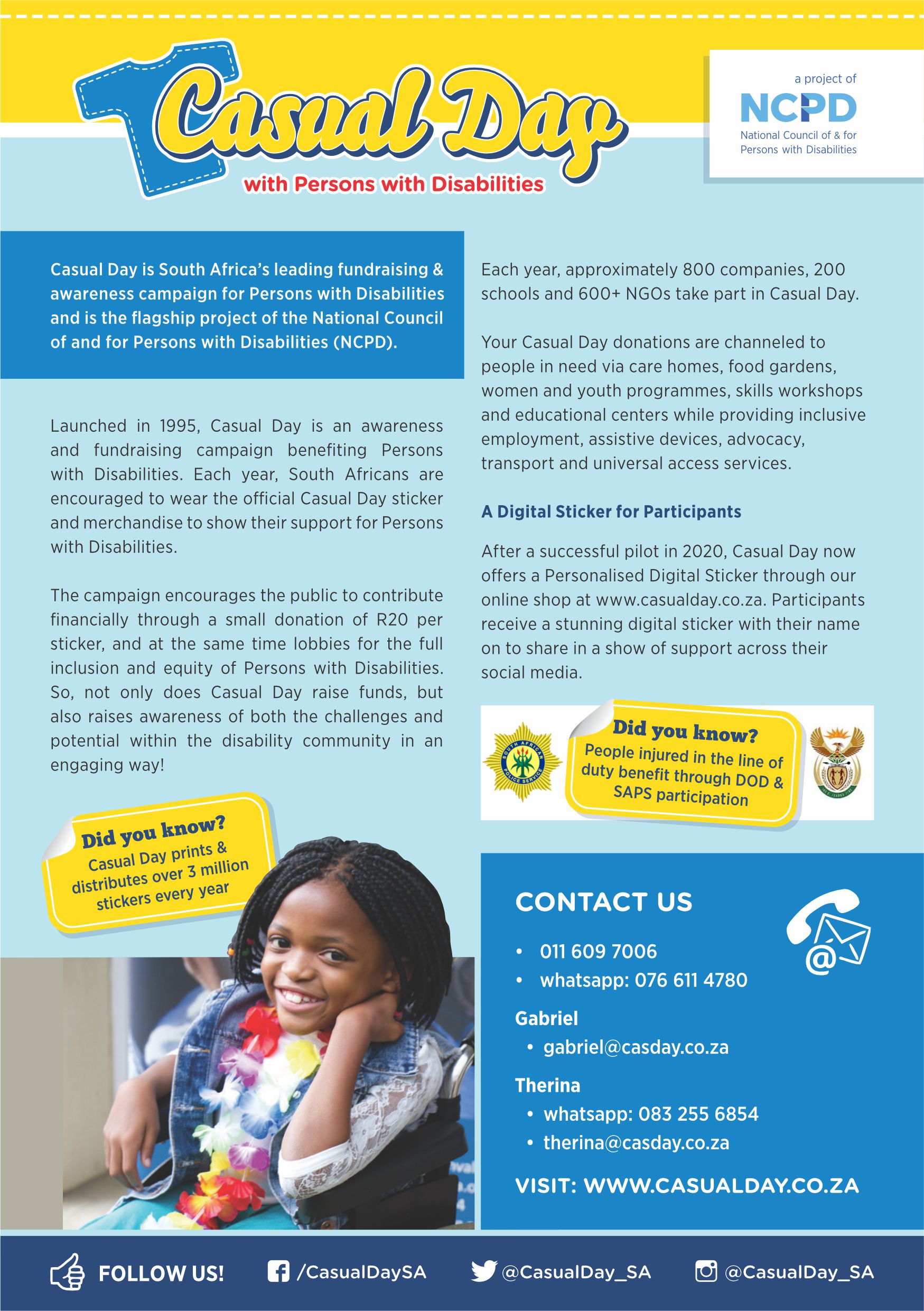
The National Council of and for Persons with Disabilities organize and run a number of fun raising projects to help raise funds including "Casual Day" and the "Nappy Run"
"Casual Day: is South Africa’s leading fundraising & awareness campaign for persons with disabilities and is the flagship project of the National Council of and for Persons with Disabilities (NCPD). Casual Day was launched in 1995 and is an awareness and fundraising campaign benefiting persons with disabilities. Each year on the first Friday of September, South Africans are encouraged to go to work or school dressed differently and to wear the official Casual Day sticker to show their support for persons with disabilities."
"Nappy Run: is a 5km Fun Run which takes place at the Joburg Zoo every year coinciding with National Children’s Day, the purpose of the Nappy Run™ campaign is to educate the public on the violation of rights of our country’s most marginalized and vulnerable group of people – children with disabilities and to appeal to the public for online donations which go towards the purchase of nappies for children with disabilities.
The event is organised by the National Council of and for Persons with Disabilities (NCPD) and forms part of the NCPD’s observation of South Africa’s Disability Rights Awareness Month (DRAM) in November. The Nappy Run campaign runs until 3 December to coincide with the International Day of Persons with Disabilities (IDPD), while DRAM also culminates on that same day. For more information about the Nappy Run™ fun run, or to make a donation, visit www.nappyrun.org.za.
2. Diagnostic Focused Organizations
Diagnostic-focused organizations include organisations such as the QuadPara Association of South Africa which represent a medical diagnostic group such as Quadriplegics and Paraplegics in South Africa.
QuadPara Association of South Africa (QASA)
The QuadPara Association of South Africa (QASA) is a non-profit organisation (NPO 000-881) of Quadriplegics and Paraplegics in South Africa.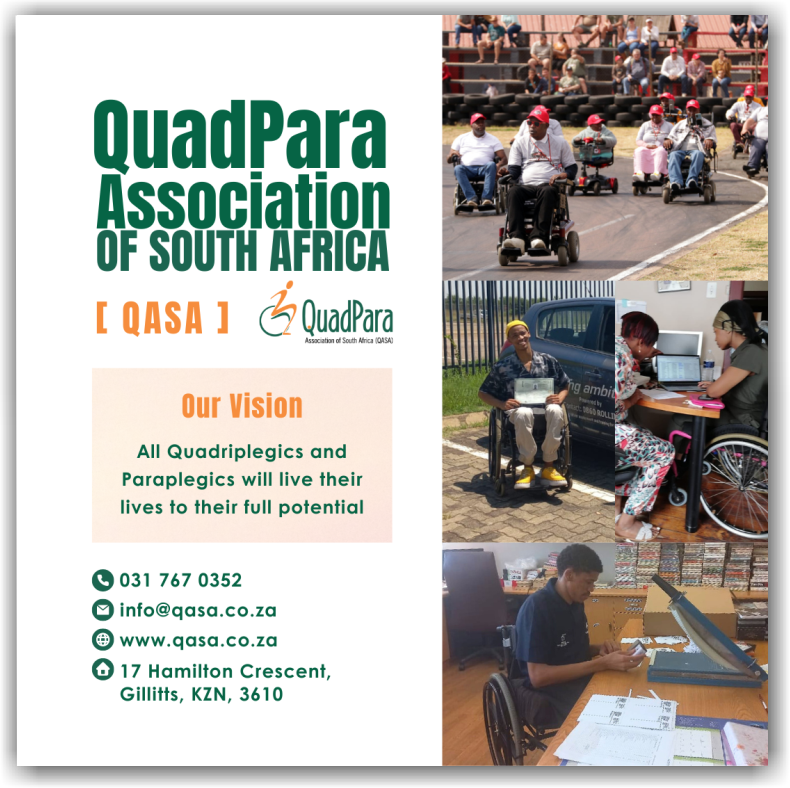
QASA’s mission is “to improve lives by securing resources to advocate, educate, capacitate, support and mobilize”. QASA develops products, programmes and services for quadriplegic and paraplegic members to build their capacity and ensure opportunities for societal integration and empowerment. QASA’s vision is that “all quadriplegics and paraplegics will live their lives to their full potential”.
QASA is a member of the South Africa Disability Alliance (SADA) and has significant relationships with other such organisations, such as the Department of Social Development, the Chris Burger Petro Jackson Players Fund and the National Council of and for Persons with Disabilities in South Africa (NCPD).
Four Regional Associations are affiliated to QASA: Gauteng South, Gauteng North, Western Cape and North West. The QASA Management Board is made up of representatives of each Regional Association.
QASA invests in programmes that up skills and supports members who pursue employment opportunities, whether this is through skills development, employment programmes that educate employers on the value proposition of our skilled members, or bursaries for tertiary or continued education.
The organisation supports the health and wellness of its members through educational programmes for members, caregivers, and the healthcare sector. Well-researched information is shared with members and the public sector. QASA provides better mobility, assistive devices, and accessibility for its members to ensure a barrier-free environment. This includes assisting with accessible housing, independent living solutions and even driver training programmes.
QASA also advocates and lobbies on behalf of its members to ensure universal access and inclusion in the built environment and transport nodes. This includes disability awareness and sensitisation workshops, access audits, and the promotion of the White Paper on the Rights of Persons with Disabilities. Prevention of spinal cord injury forms part of our advocacy commitment.
QASA is sustained by strategic relationships with corporates, social enterprise, the National Lottery Commission and a number of campaigns and events. Some of QASA’s projects generate revenue which services the essential non-revenue generating projects.
To support the QuadPara Association of South Africa (QASA), you can contact them on telephonically at 031 767 0352, on e-mail at info@qasa.co.za, or send a letter to P.O. Box 2368, Pinetown, 3600, South Africa. Alternatively visit their website at www.qasa.co.za.
Please read the information below to find out more about the Projects and Services that QASA provides to improve the lives of Quadriplegics and Paraplegics in South Africa.
QASA Projects and Services
SABAT Battery: SABAT sponsors QASA members who own motorized wheelchairs, with one set of batteries each year. The battery project is a partnership between QASA and SABAT and ensures that thousands of quadriplegics and paraplegics remain mobile. Read More
Provision of Mobility and Assistive Devices: The QuadPara Association of South Africa (QASA) have a Fund, whereby they provide Wheelchairs; Speech/Voice Recognition Software; Mouth and Typing Sticks, ensuring that members are as mobile and functional as possible. Read More
Independent Living (Self-help Centres): One of QASA's main focus areas is promoting independent living for quadriplegics and paraplegics. QASA provides Self-help Centre’s which allow communities of wheelchair users to live independently of their families and provide accommodation, meals, care attendants and transport to the residents. Read More
Wheelchair Parking Bays & Disks: QASA provides Parking Disks to persons who use wheelchairs, so that they can easily transfer in and out of their vehicle at shopping centres etc. Wheelchair Parking Bays and Discs are for persons who use wheelchairs and drive themselves or who are transported in a vehicle. These Parking Bays are not only close to the entrance, but are also wider to cater for a wheelchair user who needs the extra space to enter or exit the vehicle. Persons who use these parking bays need to apply for a Wheelchair Parking Permit, which is displayed on the vehicle upon parking in one of these bays. Read More
Road Safety Early Intervention & Prevention Programmes: Motor vehicle crashes are the leading cause of spinal cord injury in South Africa. In 2003, QASA initiated its Road Safety Early Intervention & Prevention Campaign to promote responsible road-user behaviour. The campaign has two focuses: Distracted Driving- aimed at reducing motor vehicle accidents and ‘Buckle Up - We Don’t Want New Members!’ - aimed at reducing injury. Read More
Sports Fund: QASA recognizes the value of sport and hobby and wants to encourage participation by Quadriplegics and Paraplegics. For this reason, QASA has a fund for wheelchair users to participate in sporting activities. Read More
Education Fund: QASA has an Education Fund for Further Learning to afford service users an opportunity to access funding for education and / or skills training at recognized and Accredited Institutions in order to become employable or self-employed. Read More
Work Readiness and Employment Programme: The aim of the Work Readiness and Employment Programme is to equip trainees with the necessary skills and tools for gainful employment. The programme facilitates an accredited 3-month online training programme (17 modules including MS Office) for over 150 unemployed youth with mobility impairments. Read More
Adapted Vehicle Hire: Persons with mobility impairments can hire specially adapted self-drive vehicles. QASA has two such vehicles in Durban and Johannesburg. We offer accessible transport in the Gauteng and Kwazulu-Natal areas. These three QASA Vehicles are equipped with wheelchair lifts and are available for rental with a driver or on a self-drive basis. Read More
The David Lewis Lodge: The David Lewis Lodge is a guest Lodge facility owned by QASA which is situated in Edenvale, Johannesburg and provides accessible accommodation for wheelchair users. Read More
Access Audits: QASA can assist with access audits in the form of inspection which can be used to assess the ease of access to, and ease of use of an environment (such as a building or landscape), a service, or a facility, by people with a range of access impairments. Everyone has the right to be able to fully participate within society, and the built environment and accessibility plays a vital role in achieving this goal. Read more
Disability Sensitizing and Workshops: QASA provides Disability Awareness & Sensitization training to equip employers and employees with the skills and knowledge required to interact with persons with disabilities with confidence. This half-day training workshop is tailor-made to suit the needs of your company or organisation. Read More
Bags of Hope: QASA provides assistance for people leaving hospital after sustaining spinal cord injuries, by providing them with useful information and products. Once people leave a rehabilitation centre, they often have no further resources to assist them to cope with the changes in their lives. QASA and Coloplast have launched a project called Bags of Hope, which provides a bag full of information to each person being discharged from a rehabilitation unit. Read More
Care Attendant Training: Quadriplegics may need 24-hour care by care attendants (either by family members or paid carers). QASA’s Care Attendant Training was initiated in response to the critical need for a comprehensive and holistic training programme for care attendants of Paraplegics and Quadriplegics. Read More
Wheelchair Accessible Homes: The focus of QASA’s Rural Development Project is to identify the accessibility needs of persons with mobility impairments and remove accessibility barriers. Ramps and accessible bathrooms/toilets increase independence, uplifts morale and improves quality of life for persons with mobility impairments in peri-urban and rural communities. Read More
Publication and Distribution of Information on SCI and Disability Rights: QASA are involved in and provide a number of publications that supply information essential for persons with disabilities. Read More
Driving Ambitions: Lack of accessible public transport is a huge obstacle for wheelchair users trying to lead an independent life. Recognising this, QASA rolled out a driver training project in KwaZulu-Natal, Gauteng and the Western Cape to teach persons with mobility impairments to drive a vehicle fitted with hand controls. Read More
3. Population Specific Organizations
Population-specific, such DPOs represent a population group, such as Disabled Women South Africa.
Disabled Women South Africa
Disabled Women South Africa is a mass women formation of DPSA, it promotes equalization of opportunities in all spheres of life for all disabled women. It champions the general interests and rights of Disabled women in socio-economic and political life of the country and promotes gender equality amongst the non-disabled and disabled people in general as well as the empowerment of disabled women.
4. Service Specific Organisations
Service Specific Organisations offer specific products or services such as Rolling Rehab that does driver training, or SASAPD, which is in charge of sports for persons with disabilities in South Africa), or orgnanisations that deal with accommodation for persons with disabilities, such as Cheshire Homes - which is an international organisation, but has organisations and homes in different provinces throughout South Africa, such as Ann Harding Cheshire Homes.
Rolling Rehab
Rolling Rehab is run by Occupational Therapist Caroline Rule seen in the video above. They offer an independent consultancy service where they do a holistic assessment of the individual’s needs and abilities, and advise whether they are safe to start driving or to continue driving after an accident or illness which may have affected their ability to adequately control a vehicle. Each assessment is customized according to the client’s needs and include: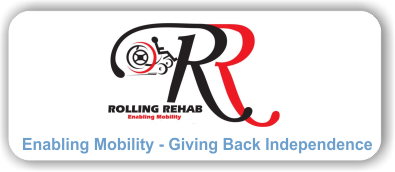
Rolling Rehab makes recommendations on what vehicles and adaptations are best suited to their clients needs, as well as running regularly workshops for therapists and driving instructors who want to improve their knowledge about driving adaptations and the effects of disability on driving ability. To find out more, visit: Rolling Rehab - Workshops
Ann Harding Cheshire Homes
The Ann Harding Cheshire Home was established over 30 years ago following the donation of the grounds by Ben Harding, whose mother, Ann was disabled - hence the name Ann Harding Cheshire Home. Cheshire Homes are structured around community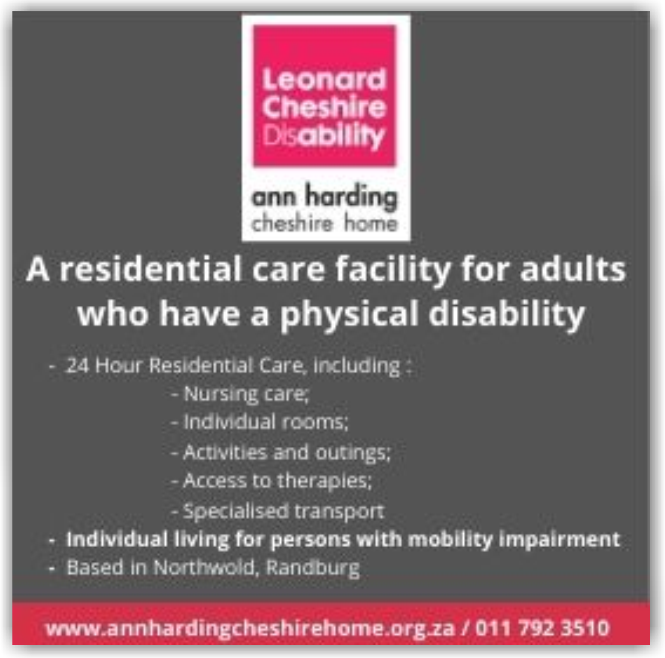 needs and local communities, they recognise the needs relating to persons with disabilities and have homes in different provinces. These facilities are suitably equipped and offer accommodation with 24 hour care.
needs and local communities, they recognise the needs relating to persons with disabilities and have homes in different provinces. These facilities are suitably equipped and offer accommodation with 24 hour care.
The Ann Harding Cheshire Home is a registered Non-Profit Organisation for the care, education, training and development of persons with physical disabilities of all races and religions. Ann Harding Cheshire Homes was opened in 1976 in a house and land donated by the Council. The house, which is now the Charity Shop, was only large enough to house eight Residents, and even that was tight.
Development of the surrounding land only took place much later, and in 1988 a building to house 40 Residents was opened. The Home is named after the physically disabled mother of one Benjamin Charles Harding who originally donated property for the Home which proved unsuitable for development. This property was sold, and the money used to develop the current land.
Primary Services
We provide our Residents, all of whom live here permanently, with comfortable accommodation, 24 hour care, nutritious meals, laundry, access to therapists and social worker as well as physiotherapists, state clinics and hospitals and private practitioners using our own specially adapted vehicles. The majority of our 40 residents have taken up permanent residence having suffered from, and becoming permanently disabled. A wide variety of daily activities keeps our Residents motivated and educated. The more popular ones are arts and crafts, painting, bingo, chess and card games. More recently (2014), we have upgraded our swimming pool, which is now a heated therapy pool. Residents are enjoying spending time in the pool with our full-time Occupational Therapist, as well a private Physiotherapists.
Ann Harding Cheshire Home has a committee of dedicated members who ensure exemplary ethics and code of conduct, and that any funds received are used for the intended purpose. Monthly reports detail the progress made in the utilisation of all donations, sponsorships and bequests made.
Ann Harding Home is run like a business, with the care and advancement of our residents the first priority. The residents themselves have a significant say in the running of the home, through the Residents' Committee, which is fully represented on the Home Management Committee. The Home is registered as a PBO, and can therefore offer Section 18a certificates for tax purposes.
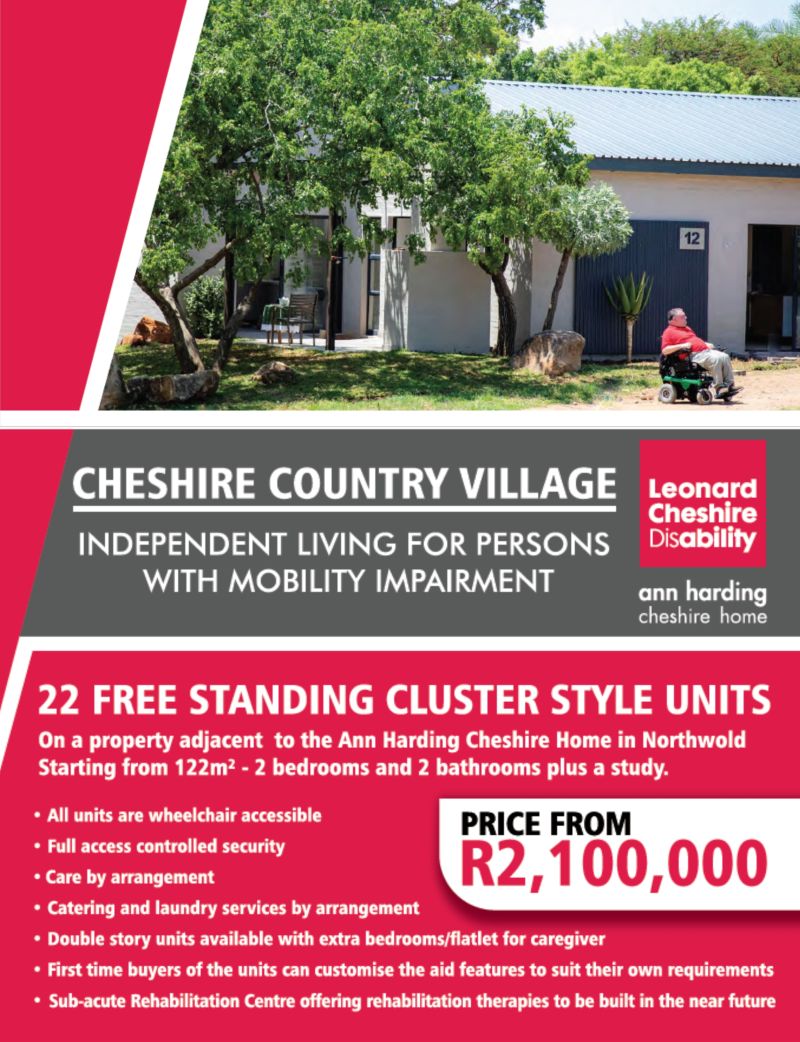
Image Courtesy of Ann Harding Cheshire Home: Independent Living for persons with mobility impairments
For capital projects we offer naming rights, which bring the prestige of being associated with a long-standing NGO in the community. Our donors are proud to be associated with us, because of our good reputation and transparency. We are in good standing with the local media, schools and businesses in the community, and have the privilege of being supported by numerous volunteers from all walks of life. We prefer to build long-term, mutually beneficial partnerships that deliver significant benefits to disabled people and the stakeholders of a business alike.
Future Plans
Future plans include further development on Ann Harding Land, whereby the vision is to build:
- A subacute step-down facility for physically disabled adults
- Twenty two 2 bedroom, 2 bathroom, Independent Living Units for persons with physical disabilities, and a Caregiver or family member. (See image to the right or the following link: Independent Living for persons with mobility impairments.)
- A Skills Development Centre to cater for all three homes in Johannesburg, as well as the surrounding community
Sustainability
In addition to applying for funding, Ann Harding also hold a number of fundraising events each year. These are always very successful and assist enormously with costs. We also run a very successful Charity Shop, which is well supported by the local community. Long term plans include building self-living units, which will be sold on a life-rights basis. The Home has a hall which is hired out to companies for meetings, training courses etc.
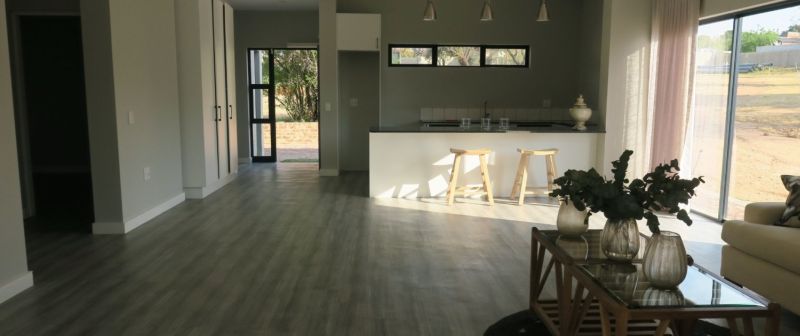
Cheshire Homes - Independent Living Facility For Persons With Mobility Impairments. Image supplied courtesy of Cheshire Homes
Contact Us
The best way to assess our services is to visit our Home, and we welcome such visits. The Home is a warm, homely place, with beautiful gardens and a swimming pool. Common areas include lounges, tea areas, a computer room, therapy room and dining area. Above all, we are always cognisant of the fact that this is the residents’ home, and their comfort is foremost in our minds. Should you have any queries, or require further information, please do not hesitate to contact us on the details below:
Ann Harding Cheshire Home: Contact Jackie Kyle (Fundraising Manager) on: 011 792 3510 or 082 764 0973, or via Email: Jackie@cheshirehomes.org.za Website: www.annhardingcheshirehome.org.za. Physical Address: Plot 40, 4th Road, Northwold, 2155. Registration No’s: 020-102-NPO; PBO 18/11/13/4017 Bank Details: Ann Harding Cheshire Home, First National Bank, Northgate Branch Branch Code: 256755, Acc no: 50410145574.
To find an organization that can assist you, visit our "Organization" Search Facility on the following link: http://disabilityinfosa.co.za/search-for-info/disability-organizations/
Sports Organizations
There are also a wide variety of Sports Organizations, including:
- International organizations such as the International Paralympic Committee
- National sports organizations that govern abeld bodied sports, as well as some disability sports, such as The South African Sports Confederation and Olympic Committee (SASCOC).
- South African Sports Association for Physically Disabled (SASAPD), which govern some physically disabled sports.
- Provincial Sports organizations, such as The Free State Sport Association for the Physically Disabled & Visually Impaired.
- Sports Club Organizations, which offer either a single or a variety of sports in a particular province or city in South Africa.
1. International Paralympic Committee
The International Paralympic Committee (IPC) is the global governing body of the Paralympic Movement. Its purpose is to organise the Summer and Winter Paralympic Games and act as the International Federation for ten sports, supervising and coordinating World Championships and other competitions.
The vision of the IPC, run by 200 members, is ‘To enable Para athletes to achieve sporting excellence and inspire and excite the world.’
2. The South African Sports Confederation and Olympic Committee (SASCOC)
The South African Sports Confederation and Olympic Committee (SASCOC) is the National Olympic Committee (NOC) and National Paralympic Committee (NPC) for South Africa, and are the responsible body for South Africa at the Commonwealth Games. SASCOC is also responsible for high-performance sport in the country and coordinates the relationship with various international sports federations. They not only help look after all our various National Federations who are affiliated to them, but are also responsible for awarding National Protea Colours to athletes who have met the criteria to represent South Africa in different sporting codes, including:
3. The South African Sports Association for Physically Disabled (SASAPD)
The South African Sports Association for Physically Disabled ( SASAPD) was established in 1962 and focuses on the development and promotion of the sporting codes offered at Paralympic level for athletes with Physical Disabilities, Visual Impairments and blindness.
They offer pathways for qualification towards Paralympic Games across a variety of sports, through their affiliations with international bodies such as: IBSA, IWAS, CPISRA and The Nedbank National Championships for Physically Disabled. They also work and are an affiliate member of SASCOC as well as being associated members of a number of other national sporting federations.
4. Provincial Sports Associations
There are also many Provincial Sports Associations that govern a variety sports in a particular province in South Africa, such as The Free State Sport Association for the Physically Disabled & Visually Impaired.
The Free State Sport Association for the Physically Disabled and Visually Impaired: have a sound understanding and passion to build character through sport. "Our executive has years of experience working with the disabled in sport and other social environments. We have an in-depth understanding of our sport codes and the special classification criteria that is associated with each code."
5. Sports Club Organizations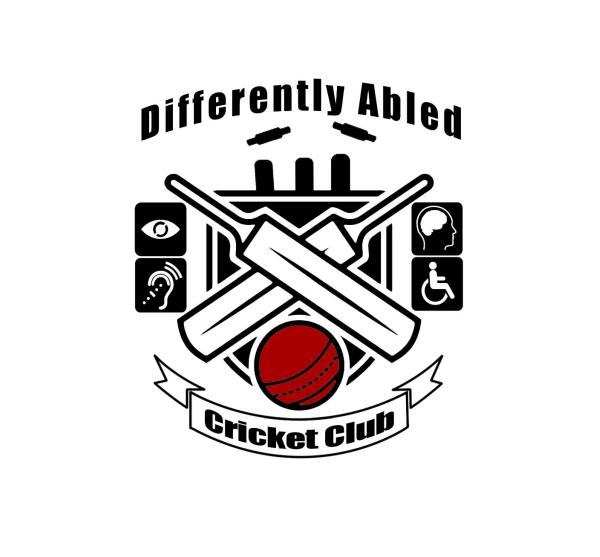
Some Sports Club Organizations are also available and offer either a single or a variety of sports in a particular province or city in South Africa, these clubs may include "Disabled" and Abled Body athletes or just "Disabled" athletes. There are a variety of these clubs in South Africa, including:
The Differently Abled Cricket Club: which is an open cricket club for the differently abled cricket players, which includes the Blind, Deaf, Intellectually Impaired (SID and MID) and Physically Disabled. We are the only club of this kind in South Africa and we would like to make it our goal in getting other regions to follow suit!
To find a Sports Organization or Club that can assist you, visit our "Activities, Sports Organizations & Clubs" Search Facility on the following link: http://disabilityinfosa.co.za/search-for-info/sports-clubs-organizations/ or visit our "Sport for Mobility Impaired" to find out more about the sports that are available for you
Support For Organisations
NGO's and NPO's including those listed above have historically provided much needed support for a number of causes in South Africa, including supporting persons with disabilities. They work for the empowerment of persons with disabilities through various initiatives focused on providing quality education, accommodation, nutritious food, vocational training and placement based rehabilitation, as well as fighting to improve accessibility, so that persons with disabilities can take part equally in society. However they cannot do this alone, most NGO's and NPO's require funding from the public, government or various companies to be able to assist them to do this.
Fundraising skills can be learnt, thanks to companies and individuals such as Annelise de Jagger and her NPO Fundraising Forum, individuals working at NPO's can be taught skills to be able to raise funds an run these NPO's.
Annelise – NPO Fundraising Forum
Annelise de Jagger is known for her excellent leadership, business skills, and innovative ideas for which she has won numerous awards. Annelise is an inspirational teacher, and as a qualified Neuro Coach, she focuses on emotional intelligence and personal development of the people and groups she works with. She excels in both the corporate and charity sectors, where she has worked extensively for the past 30 years and has initiated and run large fundraising campaigns, both nationally and internationally. Raising more than R200 000 million through innovative campaigns which have been running for 25 consecutive years in South Africa!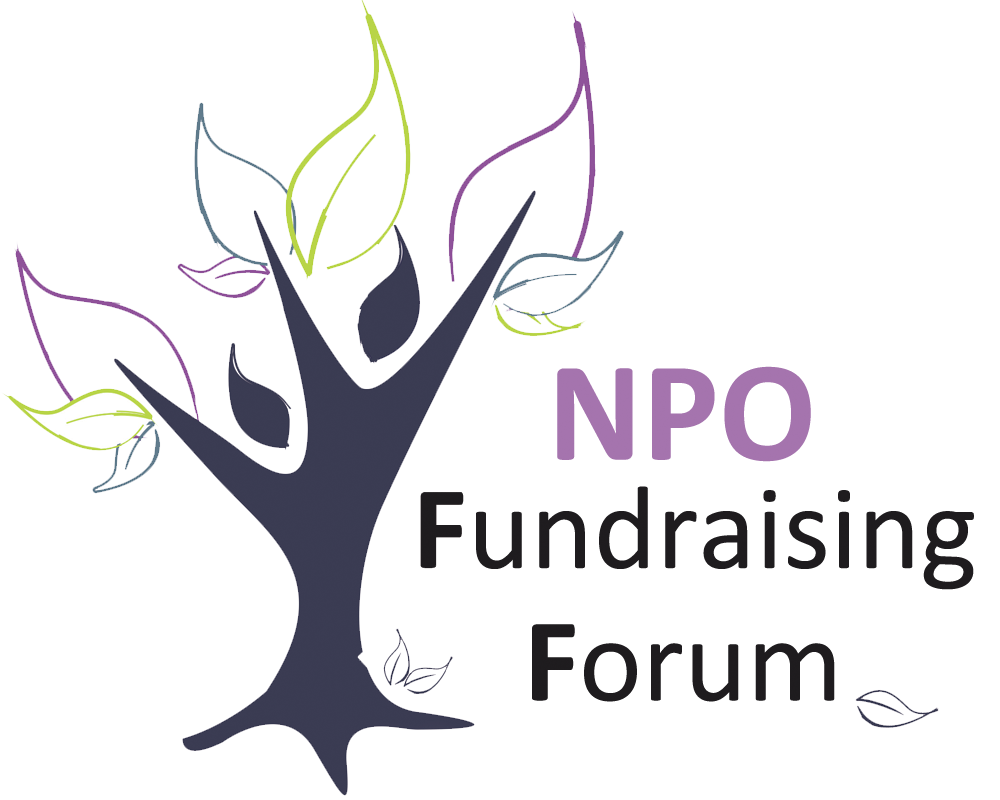
For the past number of years, Annelise has been focusing on empowering people through personal development via her inspirational seminars, workshops and training series where she empowers people in both the corporate and NGO sector.
The NPO Fundraising Forum is for people working in the Non-Profit sector including welfare organisations, schools and even churches. As a member of the NPO Fundraising Forum, you will receive practical training on how to successfully promote and raise funds for your organisation.
Current services supplied by Annelise de Jagger include:
- NPO Fundraising Forum - NPO Fundraising Forum
- Living a life that matters - Corporate Training
- Charity Support Services - Online Training Academy
References
